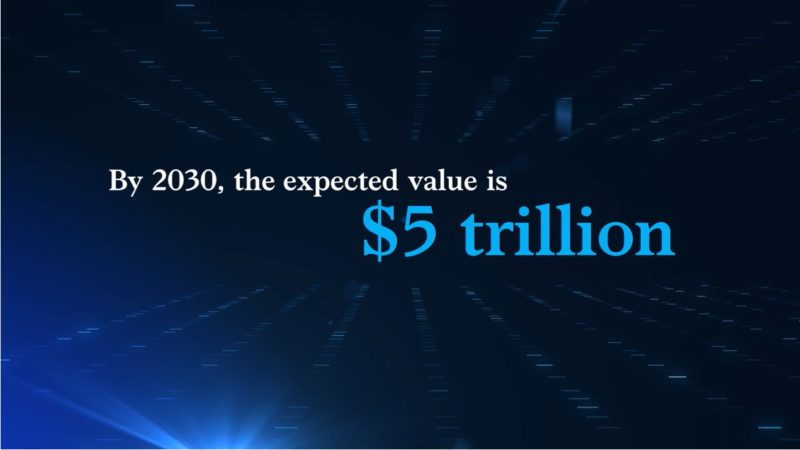Quick take:
- The metaverse is now the biggest ETF sub-theme with 35.
- It has now edged above internet-themed ETFs which stand at 32.
- Market experts have played down the metaverse hype with Zuckerberg and Meta used as an example of why the technology has failed.
The metaverse has now produced a whopping 35 exchange-traded funds (ETF), barely a year after the first ETF focused on the 3D virtual space launched in 2021.
According to a new report by Morningstar, that figure makes it the hottest ETF sub-theme, ahead of internet-themed ETF— at 32, blockchain at 29 and cloud computing at 23.
This influx of metaverse-themed ETFs has continued deep into 2022, despite the crypto winter.
Although some market experts claim that no one really knows what the metaverse is, the general description is that it is a virtual space comprised of immersive 3D worlds where people can interact through gaming, socialising, attending virtual events like concerts, and trading virtual goods.
From an investment perspective, some exchange-traded fund managers have created funds that focus on the hardware side of the business, meaning tracking an index fund of companies that invest in VR/AR devices and computer hardware.
There are also those that target software, which includes companies investing in blockchain infrastructure and data protocols.
But some fund managers like Global X have chosen to create a metaverse ETF that tracks a basket of companies investing in both hardware and software. In April, Global X said its new ETF is designed to provide exposure to companies that are positioned to benefit from the development and commercialization of the metaverse.
On the other hand, First Trust’s thematic metaverse ETF tracks the Indxx Metavere Index, which focuses on companies developing the infrastructure underlying the immersive 3D world.
Others have chosen content, which seems to be what many participants are using to define the metaverse. This includes companies interested in metaverse games, 3D virtual worlds and virtual real estate. For instance, CI Global Asset Management’s metaverse ETF tracks the Alerian Galaxy Immersive Digital Worlds Hedged to CAD Dollars Index.
Although the valuation of some of the companies investing in the metaverse has plummeted, thus sending the respective ETF prices lower, fund managers investing in metaverse ETFs have attributed the decline in prices to the wide tech industry collapse.
According to leading market research and investment firms, the metaverse could be worth trillions of dollars by the year 2030. Both Goldman Sachs and Morgan Stanley published reports forecasting a valuation of up to $8 trillion, whereas McKinsey estimates a market value of $5 trillion in eight years’ time.
Citigroup so far has the most bullish outlook report on the metaverse with an estimated value of up to $13 trillion.
****
Advertisement
Sign up to the world’s biggest crypto exchange Binance to buy and sell cryptocurrencies.
Stay up to date:





